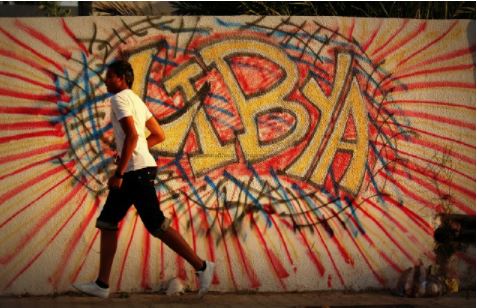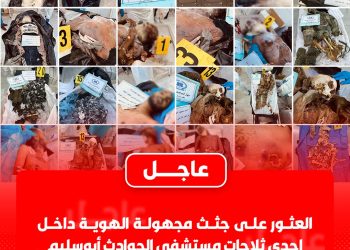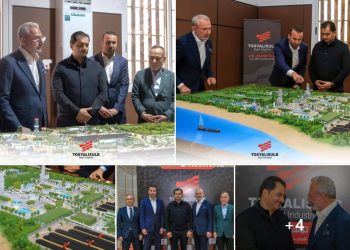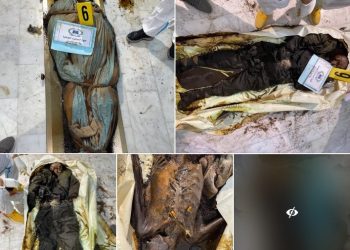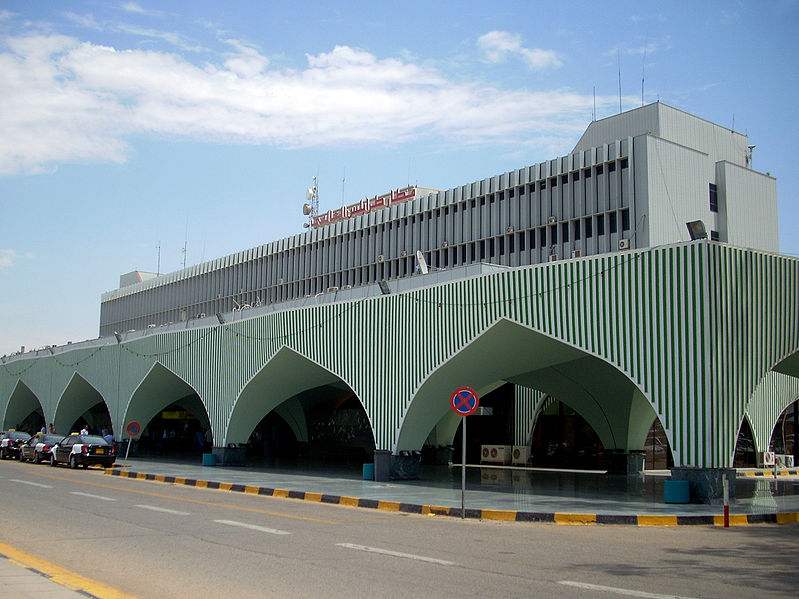By Omar Reda, MD.

12 February, 2021:
“War is ugly. The loudest sound you hear during an armed conflict is that of a broken heart.”
Trauma has the power to make or break individuals, families, and communities. Interpersonal violence can deeply impact the psyche and shatter dearly held core beliefs, like safety and trust.
Most wounds happen in a relational context, and a meaningful healing needs therefore to take place relationally.
Trauma might be the best kept secret or the big invisible elephant in the room. Family dynamics, cultural beliefs, and religious misinterpretations can speed or hinder healing from trauma. Many trauma survivors, including children, feel the need to navigate through their exhausting journeys alone because of stigma, unhealthy and dysfunctional societal pressures, and attitudes like “I can do this on my own” or “I do not want to burden my loved ones”. They continue to suffer in silence, cry themselves to sleep, and hide behind closed doors, minimizing their pain and faking their smiles. Tangled in a deadly web of trauma, they tend to repeat the cycle, creating a culture of secrecy, toxic stress, and silent suffering.
As a psychiatrist, I tried many times to sound the alarm and bring the attention to the invisible psychosocial wounds and scars of the 2011 Libyan revolution and subsequent war. Unfortunately, my concerns were quickly dismissed, labelled as “exaggerations’, the focus was on the visible physical wounds.
But we are humans, wellness is holistic, we need to take care of our bodies, but also pay attention to our minds and hearts, and tend to our souls. The trauma story needs to be acknowledged if we are to embark on a healing journey that gives trauma survivors safe spaces and platforms to regain their voice and narrate a coherent story that helps them find meaning and closure.
People on all sides of the conflict have invisible wounds, and everyone deserves healing. It has been 10 years since the beginning of the Libyan revolution, this effort is way past due, we are losing our youth daily to substance use, extremism, and even suicide. If we claim to love Libya, then actions speak louder than words, for the sake of our beloved country we need to sit on the same table, get rid of our egos, put aside our perceived differences, listen to the stories of others with compassion, and realize that the biggest enemy is our common wound. We either nurse it with compassion, embracing one another, or choose instead to hand our children a heavy and ugly legacy of hate and division.
Post-war healing is possible, it took place in countries like Bosnia, Rwanda, and South Africa. The good news is that Libya has what it takes to thrive. It is part of our beautiful traditions, culture, and religion to practice grace, offer forgiveness, and treat others with kindness. The beloved Prophet (PBUH) forgave even those who tortured and killed his loved ones. Allah (SWT) gives us sobering reminders throughout the noble Quran to unite and not fall into disputes.
The best way to celebrate the love we have for Libya is to focus on our youth. We can, and we should, do this, for the sake of our children, and for them to have any chance of living in a safe and sane world.
Dr. Omar Reda is a board-certified psychiatrist and Harvard-trained Libyan-American trauma expert. He is the author of (On the Shoulders of the Prophet, Generation of ISIS, Untangled, Liberated, and The Wounded Healer). [email protected]
This article was contributed by the writer as part of a series of pieces by a number of female and male youth, in and outside Libya, invited by Libya Herald to reflect on the 17th February 2011 Revolution on the occasion of its tenth anniversary.


